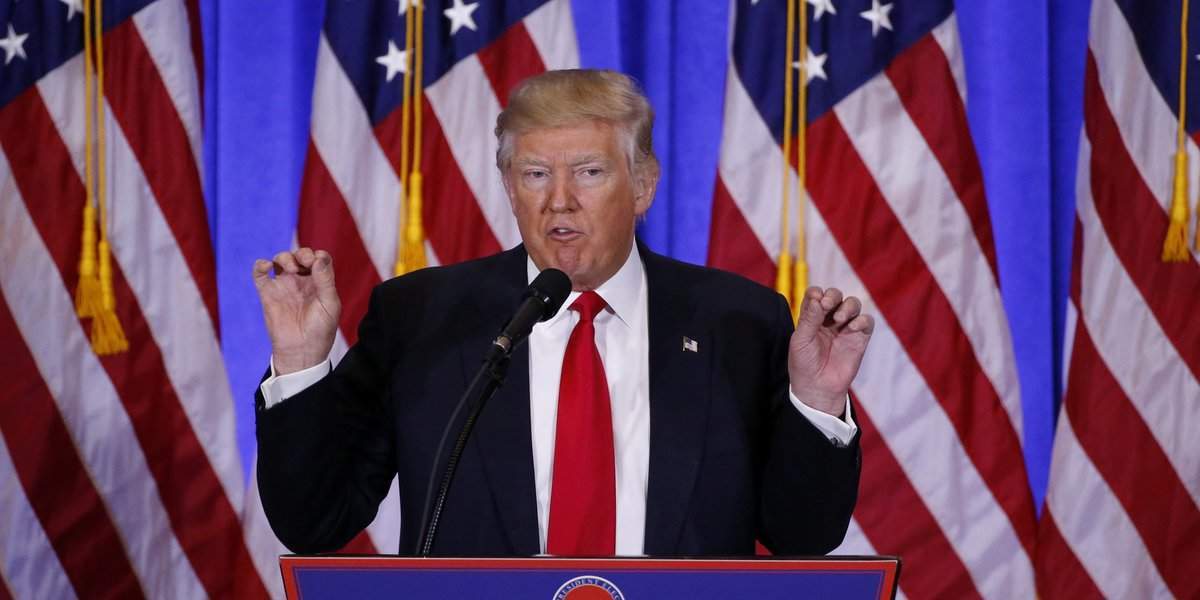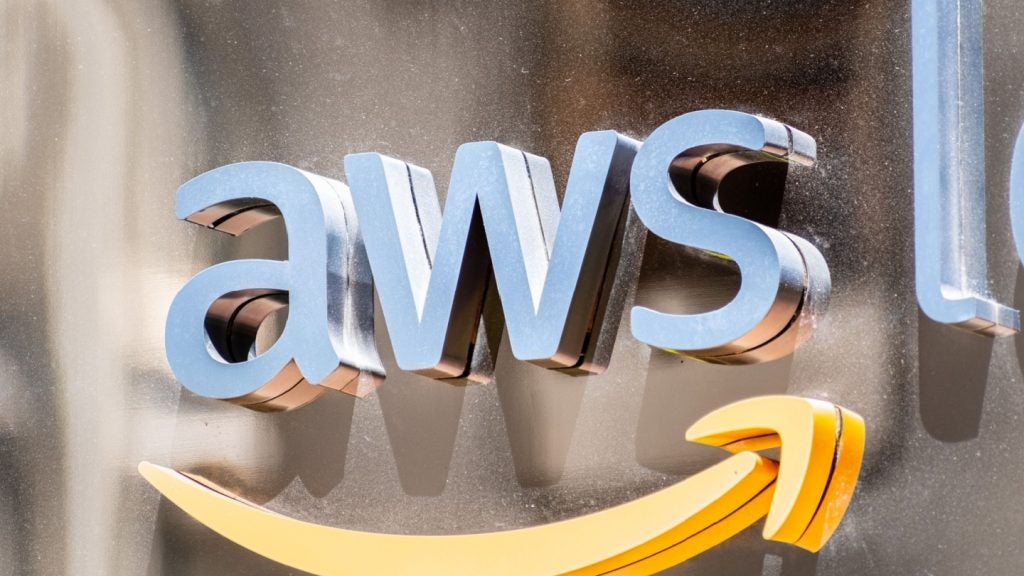
The US formally withdrawal from the Trans-Pacific Partnership (TPP) yesterday, the trade agreement negotiated by former president Barack Obama but never approved by the US Congress.
President Donald Trump’s decision to abandon the 12-nation pact is part of his protectionist, anti-China rhetoric and he plans to focus instead on bilateral treaties, putting “America First,” a slogan he used during his inauguration address last week.
Trump has promised to bring back jobs to the American people, many of which he claims have been lost to unfair trade agreements.
However, according to a study at Ball State University’s Center for Business and Economic last year, trade accounted for just 13 percent of lost factory jobs in the US, with technology to blame for 88 percent of job losses.
“A great thing for the American worker, we just did,” Trump said in the Oval office as he signed the memorandum to pull the US out of the TPP deal yesterday.
“We’re going to stop the ridiculous trade deals that have taken everybody out of our country and taken companies out of our country.”
How well do you really know your competitors?
Access the most comprehensive Company Profiles on the market, powered by GlobalData. Save hours of research. Gain competitive edge.
 Company Profile – free sample
Company Profile – free sampleThank you!
Your download email will arrive shortly
Not ready to buy yet? Download a free sample
We are confident about the unique quality of our Company Profiles. However, we want you to make the most beneficial decision for your business, so we offer a free sample that you can download by submitting the below form
By GlobalData
Critics of the Trump administration’s decision say that US businesses will lose access to potential new markets. Some have suggested that farmers, pharmaceutical companies, and tech giants could all lose out.
The prospect of greater regulation and high tariffs imposed by some of the countries in the TTP could also threaten US innovation.
“This decision will forfeit the opportunity to promote American exports, reduce trade barriers, open new markets, and protect American invention and innovation,” said Arizona senator John McCain in a statement.
What does this mean for the new global China?
Already, Chinese leaders, enthusiastic about the benefits of globalisation have suggested that the world’s second largest economy will take the US’s place in TPP.
Expanding China’s influence in Asia is crucial, according to Chinese president Xi Jinping.
“We must remain committed to promoting free trade and investment through opening up and say no to protectionism,” the president Xi said in a speech at the World Economic Forum in Davos last week.
China’s involvement in TPP, and the US’s absence, could have a negative impact on the US economy, despite Trump’s insistence that this is not the case.
Obama’s support for TPP was built on the belief that the pact was a way to counter China’s growing influence. Instead China could now improve its trading relationship with other global economies, at the expense of the US.
“There’s no doubt that this action will be seen as a huge, huge win for China,” said Michael B. Froman, the trade representative who negotiated the pact for Obama.
“For the Trump administration, after all this talk about being tough on China, for their first action to basically hand the keys to China and say we’re withdrawing from our leadership position in this region is geo-strategically damaging.”
The 11 remaining TPP nations are already in talks about the future of the pact. Encouraging China’s membership, Malcolm Turnbull, the prime minister of Australia said:
“Certainly there is the potential for China to join the TPP. There is also the opportunity for the TPP to proceed without the US and I’ve had active discussions with other leaders as recently as last night with Prime Minister [Shinzo] Abe about that.”
Meanwhile, New Zealand prime minister Bill English also said he is hopeful the free trade deal will go ahead, despite the withdrawal of the US.
“New Zealand’s economy depends upon fair access to overseas markets. We will continue to advocate for the benefits of trade liberalisation on the world stage,” said New Zealand’s trade minister Todd McClay.
Trump has also pledged to renegotiate the North American Free Trade Agreement (NAFTA). Meetings with the leaders of Canada and Mexico, the two main partners in that pact will take place “within 30 days.”





